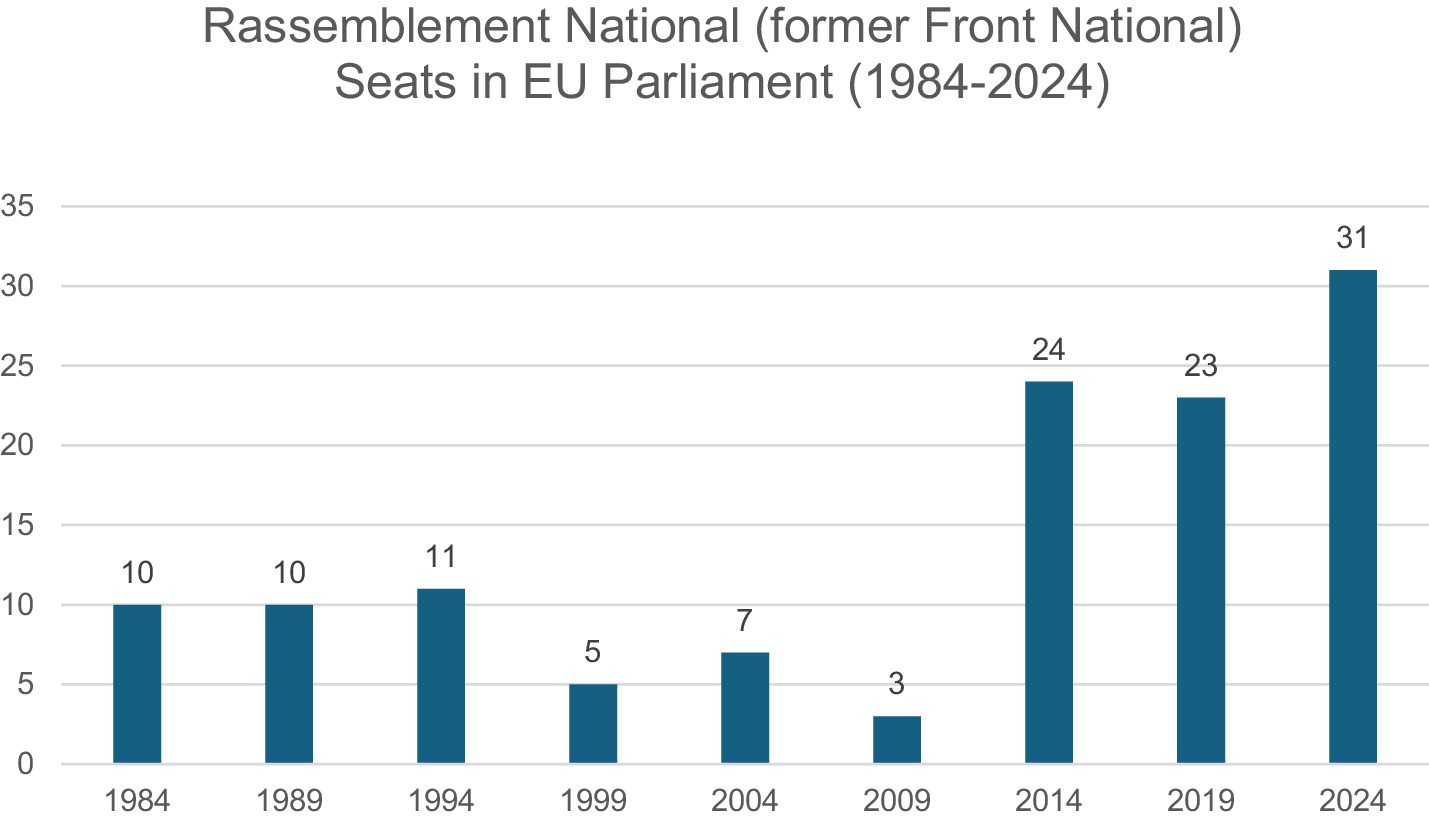
Title: Moving Past Eurocentrism: A Comprehensive View of Scientific History
Throughout a significant portion of the 20th century, mainstream portrayals of the history of science adhered to a well-known story: that “modern science” emerged in ancient Greece, endured a millennium-long “dark age,” and was valiantly revived in Early Modern Europe during the Scientific Revolution through figures like Copernicus, Galileo, and Newton. Any contributions outside of this Eurocentric narrative—those from Islamic scholars, India, China, Africa, or the Americas—were often dismissed as marginal or unusual.
This oversimplified narrative has faced long-standing criticism from professional historians of science. Since at least the mid-20th century, international viewpoints have influenced academic discussions, and the notion that science is solely a Western endeavor has been convincingly challenged in many scholarly works, journal publications, and educational materials. The issue, however, resides in how this knowledge—or the lack thereof—is conveyed to the general public.
Reexamining Newton’s Alchemy
A notable example of public astonishment regarding well-established scholarly facts is Sir Isaac Newton’s fascination with alchemy. Popular media sometimes sensationalize this as a contradiction: how could the epitome of rational science engage in what they perceive as mystical nonsense? In truth, Newton’s considerable work with alchemical texts has been recognized since at least 1936, when economist John Maynard Keynes described Newton as “not the first of the age of reason” but rather “the last of the magicians.”
Newton was not secretly dabbling in fringe pseudoscience. Rather, during his era, alchemy existed on a continuum that encompassed serious inquiries into the essence of matter, metallurgy, and even medicine—domains we now identify as integral to the chemical sciences. His involvement with alchemical concepts exemplifies the non-linear trajectory of scientific progress and the intricate interactions of various intellectual traditions.
Global Histories in Academia
The true “news,” which regrettably hasn’t always penetrated public consciousness, is that the field of the history of science has long transcended a Eurocentric viewpoint.
– Joseph Needham’s significant multi-volume work Science and Civilisation in China (initiated in 1954) established a foundation for a profound examination of China’s scientific and technological heritages, meticulously probing everything from astronomy to mechanical engineering.
– The history of Islamic science has been thoroughly investigated by esteemed scholars like Edward S. Kennedy, David A. King, and Roshi Rashed. Their research highlights the pivotal role of the Islamic world in safeguarding, translating, and building upon Greek texts, in addition to original advancements in areas such as optics, astronomy, and medicine.
– Indian scientific traditions have also garnered attention from historians such as Debiprasad Chattopadhyaya and Kim Plofker, the latter authoring the highly regarded Mathematics in India (2009), which links South Asian contributions in mathematics and astronomy to global knowledge frameworks.
– The indigenous sciences of the Americas, Africa, and Australia are increasingly being documented and studied, broadening our comprehension of knowledge systems beyond the traditional European narrative.
The available literature is vast and substantial, not merely hidden in academic publications. Even openly accessible platforms like Wikipedia now feature comprehensive—and surprisingly accurate—articles on global scientific advancements, complete with references and bibliographies for those pursuing more in-depth information.
Yet, critics occasionally resurface, charging historians of science with Eurocentrism, often relying on outdated narratives and overlooking decades of scholarly effort.
The Challenge of Popularization
Recent works such as James Poskett’s Horizons: A Global History of Science and Kate Kitagawa and Timothy Revell’s The Secret Lives of Numbers have sought to present global perspectives to a wider, non-academic audience. However, they sometimes depict these perspectives as though they are groundbreaking discoveries instead of well-supported academic consensus.
Such portrayals can be a double-edged sword. On one side, they introduce new readers to crucial insights regarding the variety of scientific history. On the flip side, they risk misleading readers by suggesting that scholars have overlooked these contributions, when in reality the historical community has acknowledged them for many years.
Poskett’s book, for instance, references an impressive array of established historians but does not consistently recognize that he is building upon existing scholarship. Others, like Christensen-Dalsgaard in her Conversation essay titled “Changing the Eurocentric narrative about the history of science – why multiculturalism matters,” repeat common misconceptions—for example, attributing discoveries or methodologies of Ibn al-Haytham to his Greek predecessors such as Ptolemy or Heron of Alexandria, or exaggerating his impact on the European Scientific Revolution.
The reality is more sophisticated: Islamic scholars like Ibn al-Haytham, Al-Razi (Rhazes), and Ibn Sina (Avicenna) not only studied and translated Greek works but also developed their own innovative theories and experimental techniques. These contributions were assimilated by medieval European scholars, notably during the 12th-century translation movement, which acted as a conduit between Islamic and Latin texts.